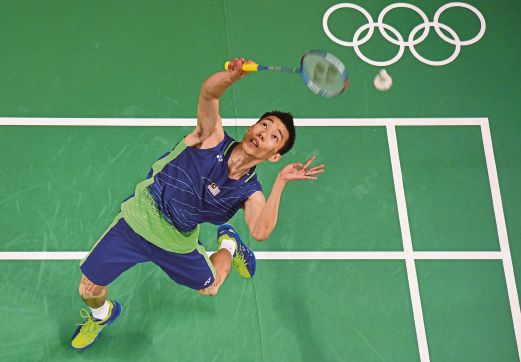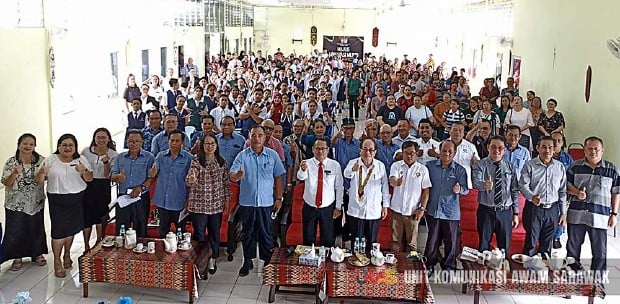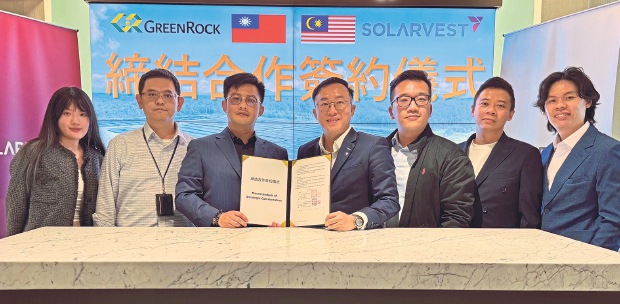Science has transformed the world. It has made impressive contributions to humanity.
Decades ago, we did not have what we enjoy today. Some even take them for granted. Many of the improvements owe a lot to science.
Thanks to the progress made in scientific research and discovery, the world has neutralised many threats to our wellbeing. Look at the countless diseases that we have tamed through advancements in medical science.
The science of vaccination, for example, has virtually wiped out most contagious diseases of the past. But we must be warned that any relaxation in the implementation of vaccination can lead to a resurgence of those diseases.
This explains why many are worried about people’s apprehensions about vaccination. I hope this will be resolved soon.
The other advancement in science is in telecommunication. The world is now like a small village thanks to advances in digital revolution. Without it, we would not have witnessed the nail-biting matches at the Rio Olympics.
It would not have been possible to see how our badminton players fought to earn the country’s first Olympic gold. All this has happened through research in science. It began with the fundamentals of science. The applied side would shape up years letter.
The commercial applications of breakthroughs in fundamental science can take decades. The Internet took two decades before it became a commercial reality.
In Malaysia, there is this absurd expectation that research must be commercialised in two or three years. This needs to change.
Over the years, the West had led the way in telecommunications science. The same is true in medical research. It is difficult for us to match the advances made by them.
They had an early start. Scientists from the West dominate many of the breakthroughs in such sciences, but this is not to say we are left out.
Occasionally, we do have local scientists coming out with meaningful contributions. But these have been rare, and therefore the impact of local research on such fields is minimal.
This is not to suggest that we have no way of stamping our mark on scientific advancements.
In fact, looking back at history, we have made our mark. Unfortunately, this has been neglected and we are losing a hold on that global mark.
I am referring to the mark we once made in natural rubber, tropical medicine and forest researches.
Not long ago, we virtually led the world in such sciences. I know for a fact that our Natural Rubber Journal was the reference publication on any new breakthrough in natural rubber science.
This was because natural rubber scientists the world over would consider it a privilege if their research articles were accepted by the journal. This is no longer the case.
The once prestigious journal may soon disappear due to a lack of articles.
We also once ruled world science for tropical forests. Many findings from the world over would find their way into our Forest Research Institute Journal on Forestry. Not any more.
The same thing is happening for palm oil. We should reverse this trend and can do it because we do enjoy a niche advantage in these areas.
There is a way to do it. Instead of making the key performance indicators for our scientists to give higher priority to publish in international-refereed journals, we should give them incentives to support local journals.
We need to build the global reputation of our journals to be on a par with foreign journals.
In this way, we can also attract the best articles on the subject from scientists outside the country.
It is not impossible. We did it before. We need to embark on a programme to revive and stamp our mark on world science.
Dr Ahmad Ibrahim is a fellow at Academy of Sciences Malaysia






